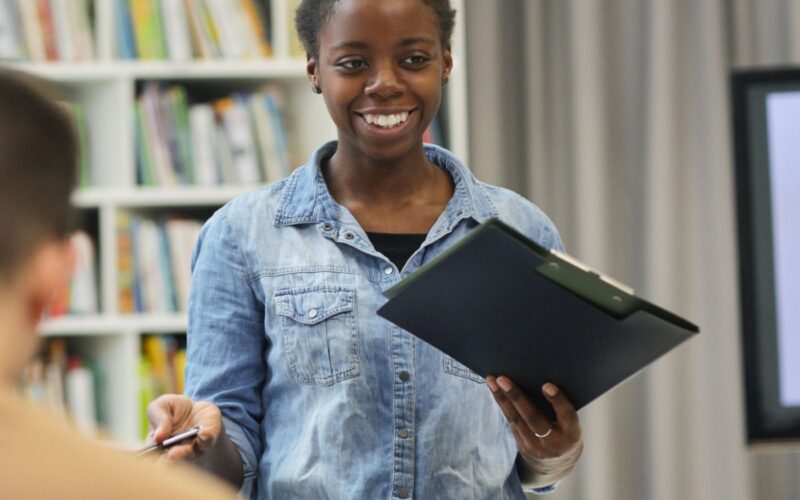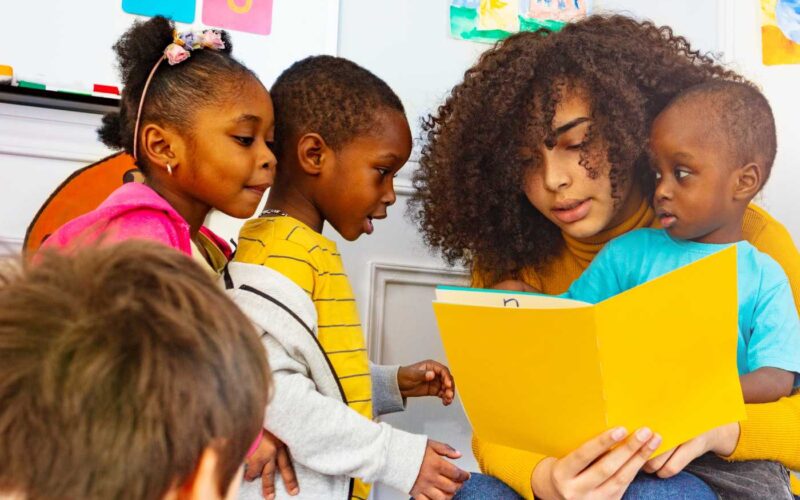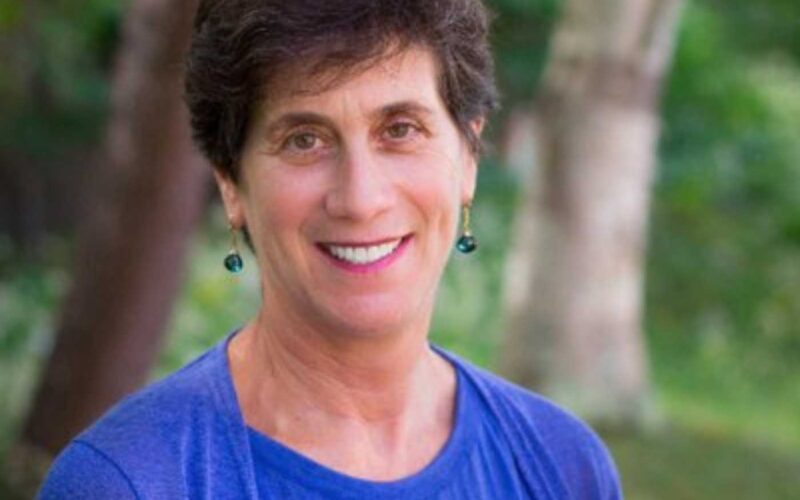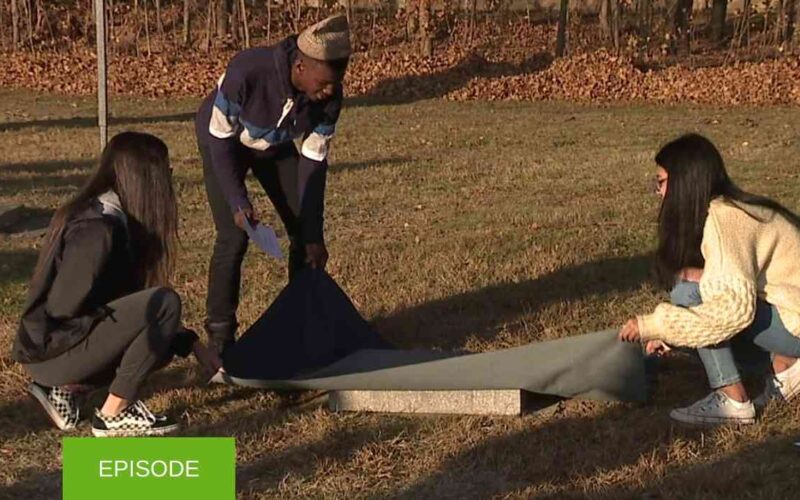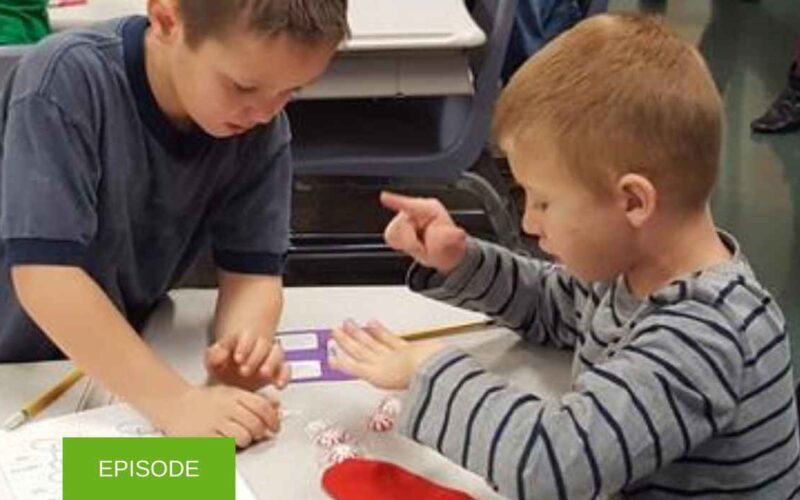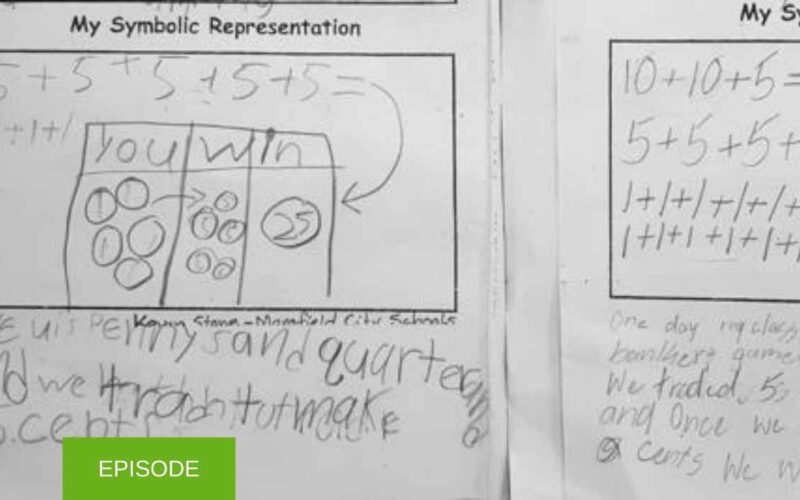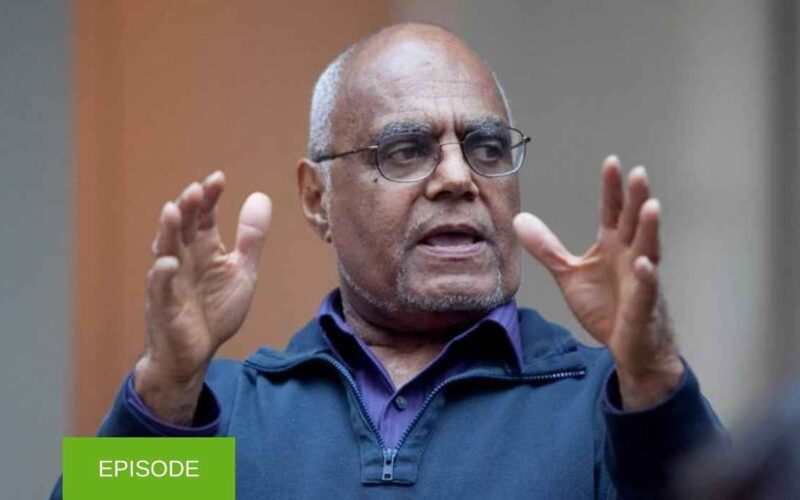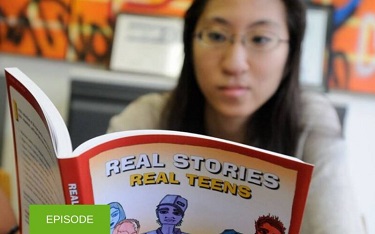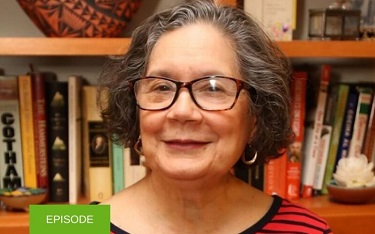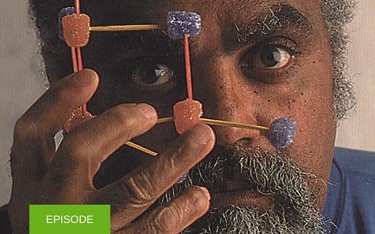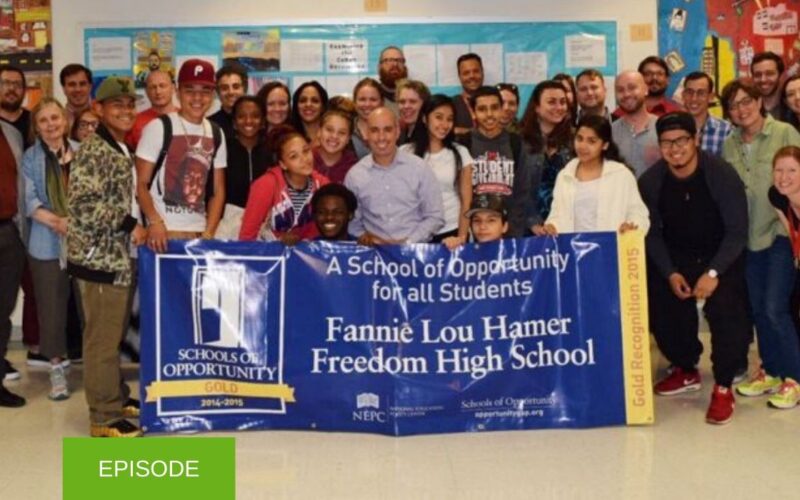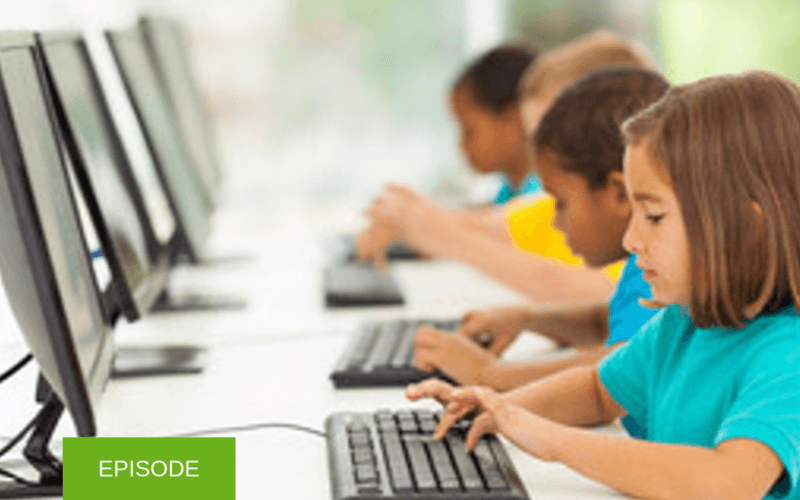Pop culture literacies: Engaging students in critical analysis
We speak with Dr. Mia Hood, author of Pop Culture Literacies: Teaching Interpretation, Response, and Composition in a Digital World, about analyzing popular music and films along with more traditional literature. Dr. Hood talks about helping students to think about their ethical perspectives while engaging with “entertainment,” and the importance of educators’ resisting the temptation to impose their own “expert” interpretations in favor of modeling the process. We also discuss how teachers can resist imposing their views while teaching for democracy and social justice.
Read More

